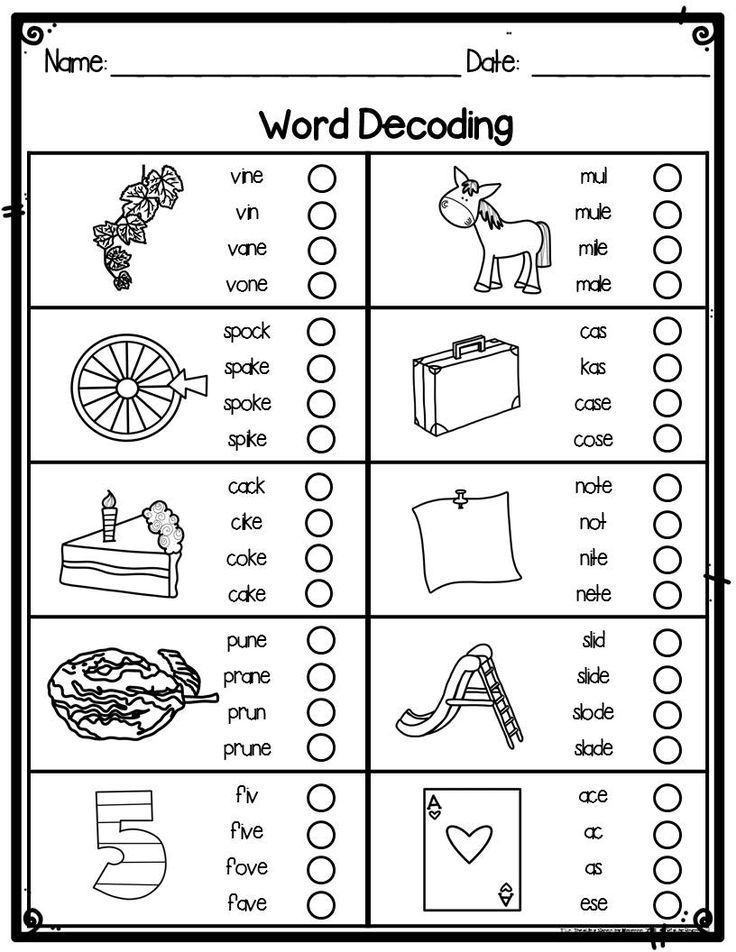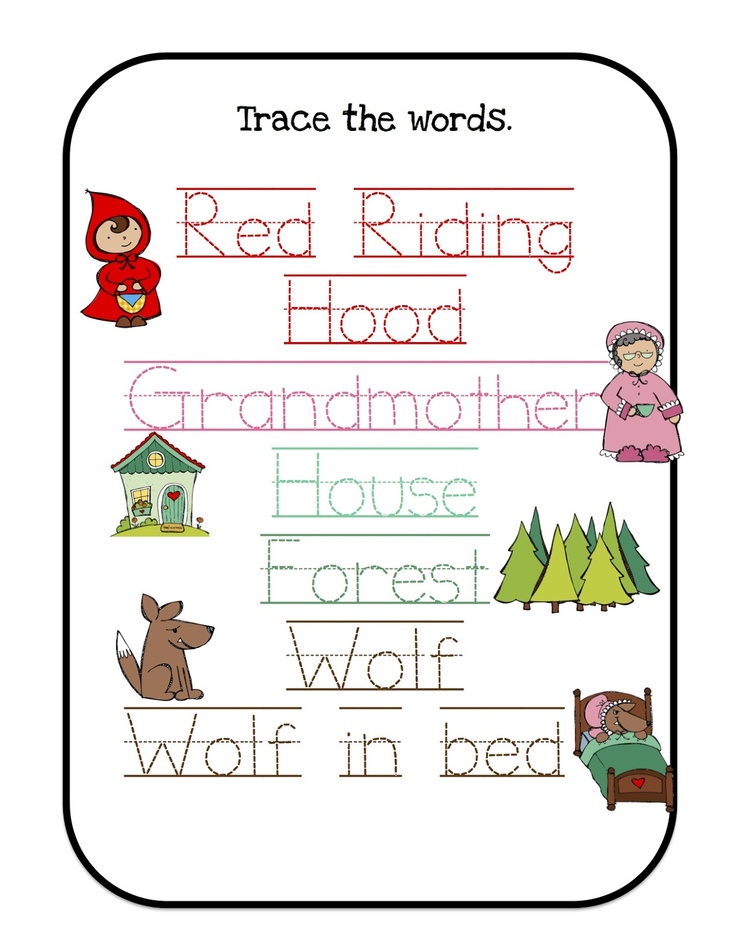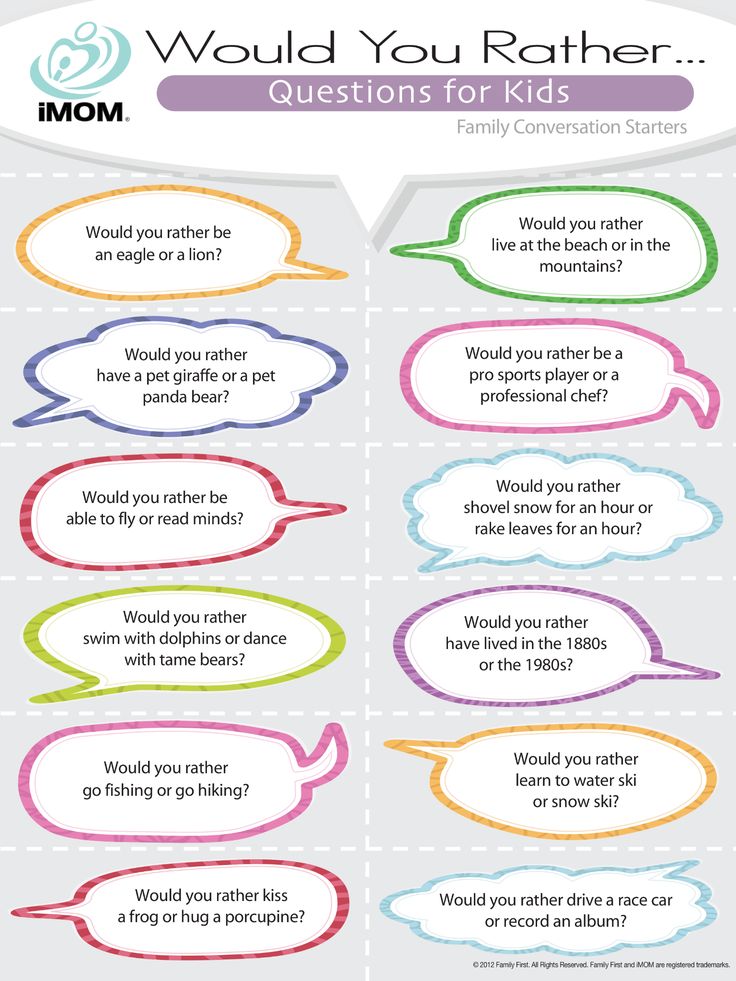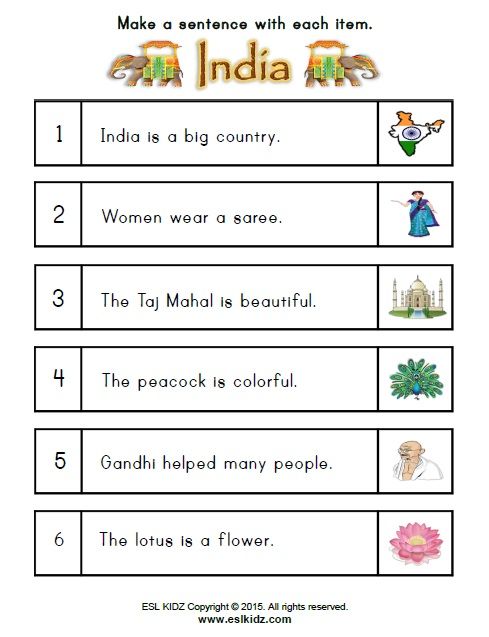Create your own family
How to Make Your Own Family
My mother abandoned me when I was ten years old. She dropped my brother and me off at her parent’s house one weekend, moved to the city with her boyfriend, and never came back. For the next ten years, I tried to make our relationship work simply because cultural standards and my bossy grandmother told me I had to; the moment I graduated high school and struck out on my own, I stopped trying altogether.
It can be more than a little bit difficult to operate in society when you don’t have a connection to your biological family. Car commercials and Walmart ads still push the traditional nuclear family ideal, even though divorce, having children later in life, and the various ways that we now conceive of the family unit have shifted towards something more inclusive. No matter what your household looks like, the overarching message is still clear — everyone has a family of some kind, like it or not.
If violence, trauma, or feeling like the black sheep in your family tends to undercut your ability to function, it's OK to pull back.![]()
The people I’m biologically related to are an utter disaster, and so what I consider my family is primarily made up of my friends. This wasn’t as forceful a decision as the one I made to stop talking to mother; I just slowly realized one day that the only people in my life who had my back, gave the best advice, and reached out to support me were the ones who hung out with me on my couch and hurled insults at the various couples making horrible decisions on "House Hunters International" (you’re not going to find a full-size American kitchen in Amsterdam, Judy!). It’s possible you can relate to the feeling of being adrift within your own family. I’m not saying that you should cut and run just because you have an argument with your brother over Sunday football. But if violence, trauma, or just feeling like the black sheep in your family tends to undercut your ability to function, it’s OK to pull back and find that solace in someone else.
I was never able to rely on my family, but through the love and support of my friends — and a few key practices — I’ve cobbled together something that looks and feels so much better than what I had before.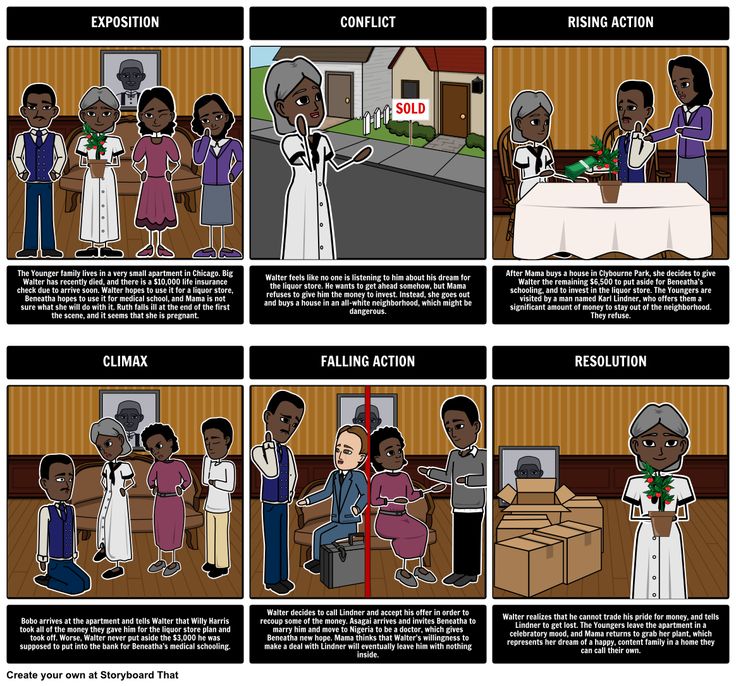
Here’s how I made my own family. If you want or need to, you can do it too.
Get rid of your guilt
Since that loving Walmart family is the main version of family we get to see, you’re more than likely going to feel like a straight-up asshole for deciding to stop interacting with yours. What, you think you’re too good for them? Everyone has problems! The point of family is to work it out.
Sometimes “working it out” is impossible, or makes you feel unstable, or is otherwise debilitating.
Except “working it out” is sometimes impossible, or makes you feel unstable, or is otherwise debilitating. You need to get rid of your guilt about disengaging —it's something you’re going to have to remind yourself of often. Therapy is a huge help with this! If you can’t access a therapist, get ready to bring a sleeping bag to your library and curl up in the self-help section.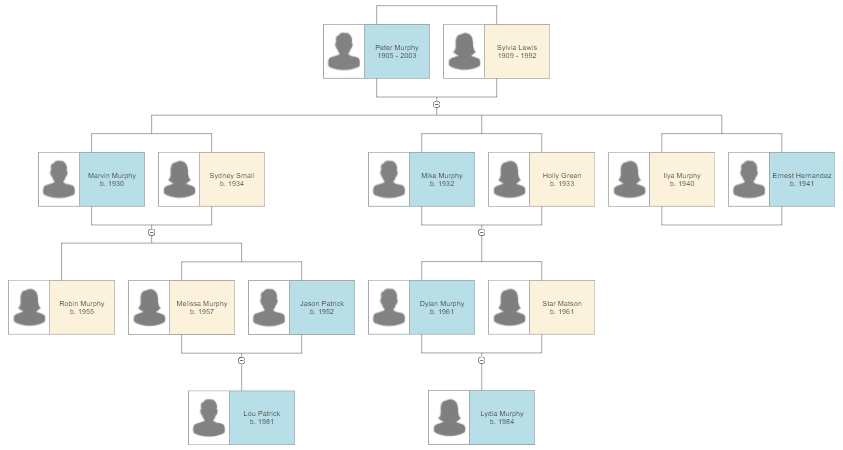
Value the people you have
If you really want to feel like you’re not in this alone, you have to let your friends know what they mean to you. You don’t have to draw up a formal contract for them and be like “HEY YOU’RE MY FAMILY NOW, PLEASE SIGN HERE” but definitely tell them how much you love them. Remind them that they’re important to you. Do nice things for each other. Literally tell them that they are part of your heart. You’re not just blowing smoke up their asses — these are the kinds of practices that healthy families engage in all the time — you’re just doing that work by extension.
Accept that Holidays. Are. Hell.
Pro tip: If you lack the traditional familial setup and are trying to avoid the seasonal blues, you should start your holiday planning in advance. For example, I’ve always preferred spending my birthday alone, so I plan a vacation around that time every year. Traveling is a great way to be alone without feeling too lonely!
If you lack the traditional familial setup and are trying to avoid the seasonal blues, you should start your holiday planning in advance.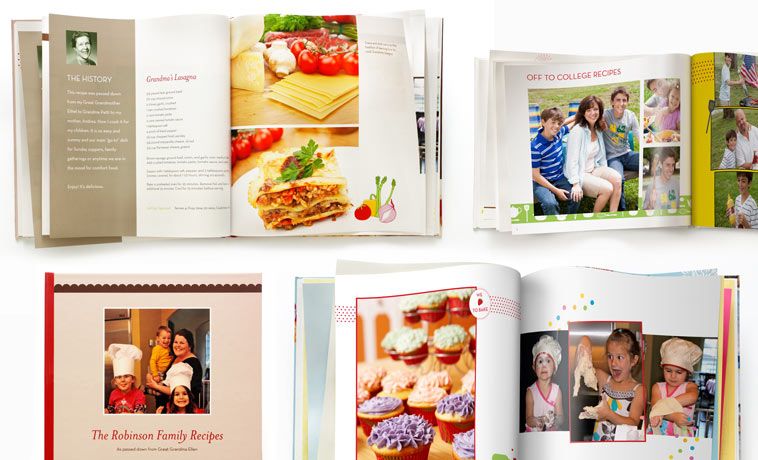
We don’t always have to make friends into family due to bad situations; sometimes you just live too far away to engage with them as much as you want. The winter holidays can be the worst in this way — travel is a nightmare, it’s expensive, and weather threatens to shut you down at every turn. It’s good to have a contingency plan — invite your friends over to veg out in their jammies, plan a dinner party, or pick days when you can all get together to do something fun. I love spending Thanksgiving and Christmas at movie theaters, jamming my face full of Red Vines and seeing most of the big winter movies in one shot. I guarantee many of your friends would do this with you in a heartbeat!
Think small
Your Friend Family doesn’t have to be a sprawling network of individuals; maybe you only feel close to a couple of people. Guess what? THAT’S BOTH GREAT AND ENOUGH. It’s not the quantity, but the quality.
Know that YOU’RE NOT A LONELY WEIRDO
At some point, most of us have realized that we need a little more than our families can provide; it’s generally the reason you have friends in the first place! The more that you free yourself of the cultural narrative that family only looks like or means one thing, the more likely you are to find people out there trying to do the same exact thing.
Danielle Henderson is a Shondaland contributor. She's also a TV writer, freelance writer, former editor and staff writer for Rookie, and author of the book "Feminist Ryan Gosling." Her memoir, The Ugly Cry, will be published in 2018.
Creating Your Own Family
They range from the Sopranos to the Cosbys to the single mom down the block. They've known you all your life, and that's no small thing. They're your family. And yes, they may be loving, maddening, critical, inspiring, horrendous (or more likely a combination of the above), but they signal one very important thing: You are not alone.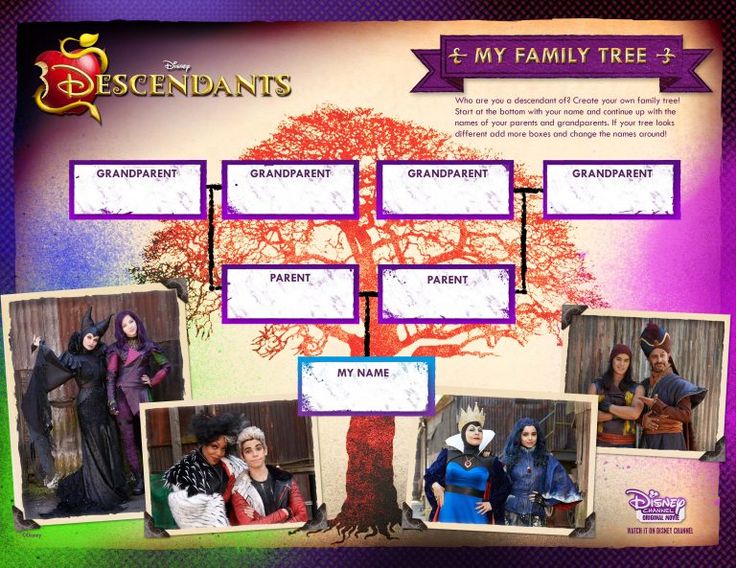
When I was 14 years old, I spent a year in Wales as an exchange student. I stayed with a family called the Couches, one of the wealthiest families in the tiny village of Pontnewynydd. Ron and Ceinwen were my host parents; they owned a lovely stone house with a half-acre garden and they had two sons, Gary, 21, and Paul, 19. Gary lived with his wife in a cottage in one corner of his parents' garden. Paul would be married the next summer and would live with his wife in the cottage in the opposite corner. The seven of us sat down to dinner every night as a family, sometimes for breakfast and lunch, too. We all went on weekend outings—to visit a castle or to see a play at Stratford-upon-Avon or to compete in a kind of road rally/treasure hunt that was particularly exciting given the narrow country lanes. In the summertime we went together to their cottage in Tenby on the coast, and the rest of the year both boys worked for their father in the tiling business that his father had started. They all seemed to love one another very much, including the current and future daughters-in-law.
They all seemed to love one another very much, including the current and future daughters-in-law.
Stepping from my family into this one felt not so much like crossing from North America to Great Britain as it did from, say, Earth to Alpha Centauri. My year there was by far the happiest of my childhood, though even at the time an aura of, if not impossibility, at least fantasy surrounded it. Now as I write this, I keep double-checking my memory to make sure I'm not making up that family, that year, and the entire Rotary Club exchange program that made it possible. I cried all the way back across the Atlantic.
Short of being raised in a 19th-century orphanage or by a nomadic pack of wolves, I can't imagine a less family-focused lineage than my own. My father was an only child; his mother died more than 30 years before I was born, his father, more than 40. My mother's mother died in childbirth with my mother, and my mother's father abandoned my newborn mother and her 1½-year-old sister the very next day. My mother and her sister, Jean, were raised by their aunt and uncle, but they ran away to Broadway (with a little encouragement from starstruck Aunt Ermie) when they were 12 and 14. My mother adored New York, beginning her career as a singing/dancing comedian and not missing her Spiceland, Indiana, junior high school one bit. But Jean found New York corrupt and distasteful, eventually returning to Indiana and blaming the aging aunt for sullying her reputation and ruining their lives. Jean's ingratitude toward Ermie infuriated my mother so much it caused a rift between the sisters. Or at least this is the side of the story I heard—my mother's side; the silence between the sisters was so deep and long-lasting, I never met my aunt Jean.
My mother and her sister, Jean, were raised by their aunt and uncle, but they ran away to Broadway (with a little encouragement from starstruck Aunt Ermie) when they were 12 and 14. My mother adored New York, beginning her career as a singing/dancing comedian and not missing her Spiceland, Indiana, junior high school one bit. But Jean found New York corrupt and distasteful, eventually returning to Indiana and blaming the aging aunt for sullying her reputation and ruining their lives. Jean's ingratitude toward Ermie infuriated my mother so much it caused a rift between the sisters. Or at least this is the side of the story I heard—my mother's side; the silence between the sisters was so deep and long-lasting, I never met my aunt Jean.
My mother's father called her for the first time ever from his deathbed and asked if she would come shake his hand. I was in my early twenties, she in her early sixties, though it was such a nonevent in our household I can't remember the exact year. The day after he called, she flew to Florida, and when she returned and I asked her what happened, she said, "I walked in the room, shook his hand, and walked back out again.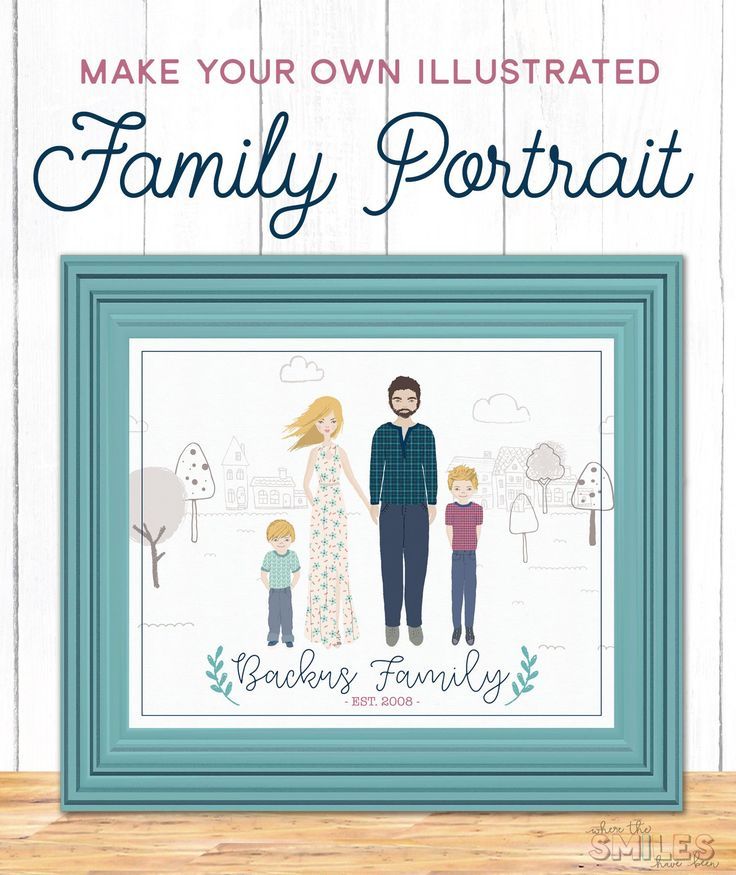 That's what he asked for, so that's what I did."
That's what he asked for, so that's what I did."
Ir probably goes without saying that since neither of my parents had much in the way of family, they weren't that great at making one of their own. As a childless only child, I am apparently not so hot at it either.
In a recent visit to my father, I smiled to hear him explain to my new husband, Martin, "Pam had a lot of personal freedom as a child," which may be one of the great understatements of the century. My parents lived in pursuit of a relatively few pleasures: sun, sand, alcohol, European cities, and great Italian food. Because of one or another of these pursuits, I was often left to "babysit myself" for days at a time. Today I suppose they would have been put in jail, though I was such a pinnacle of responsibility that it's very likely they would never have been found out.
I suppose it was all that "personal freedom" that has led me to spend a good part of my life searching for substitutes, a family, as my friend Karla would say, of re-creation versus procreation.
My ranch high in the Colorado mountains—which everyone tells me (some of them pointedly) would be so perfect for kids—has become my substitute family headquarters, especially in summer. My house has only two bedrooms, but I have a couple of old cabins down by the river and 120 acres for tents. It's rare that on a given summer night I'm cooking dinner for fewer than six people, and if I made a list of all my favorite things on earth, cooking for a kitchen full of friends would definitely make the top ten.
In the fall I invite 12 writing students here for two weeks of intensive work. The students sleep in town, but I cook all their meals and we eat together at my big kitchen table. There is always somebody living here besides me and, now, Martin: a student, a dog sitter, a friend who's in the middle of a divorce or a job change or a nervous breakdown. This land I live on is healing land—even the biggest skeptic can't deny it—and no one who comes for even a few days leaves unchanged.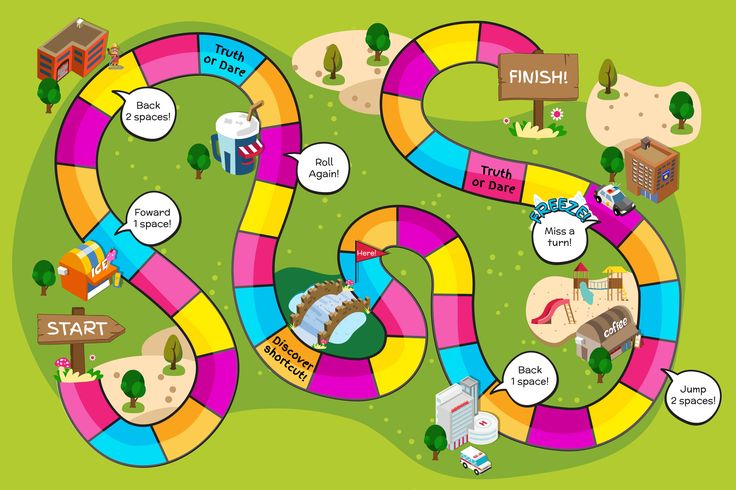 I do a lot of talking about my responsibility to share this ground with others, but I am well aware that the revolving-door policy at this place gives me what I need: a fairly stable, if constantly rotating, family.
I do a lot of talking about my responsibility to share this ground with others, but I am well aware that the revolving-door policy at this place gives me what I need: a fairly stable, if constantly rotating, family.
"Was it possible that another renegade from my lonely clan existed?"
What does it take for a family to succeed?
32-year-old Marina is a convinced bachelor who never thought about marriage: “Perhaps this is because I did not feel the need to have children, or maybe I did not want to repeat the fate of my parents: I grew up in a family with four brothers and divorced parents, in a house where everyone lived their own lives, and the children "jumped" between their parents like ping-pong balls.
I have friends who are neighbors. Every evening after work I go to visit them, we tell each other about how the day went, we drink a glass of wine, we often have dinner together. I feel good with them, we have similar views on life.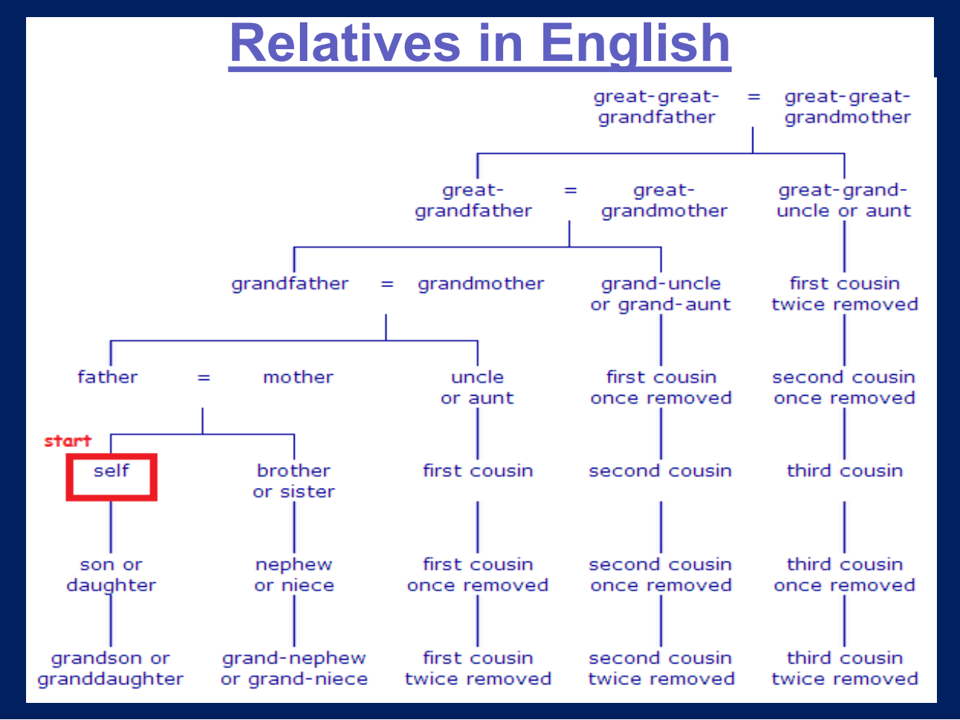 I know that I can count on them, and they can count on me, no matter what happens. We often say that we are a family, and for me it really is.
I know that I can count on them, and they can count on me, no matter what happens. We often say that we are a family, and for me it really is.
40-year-old Nikolai says the same thing: “For me, “creating a family” means choosing travel companions with whom you can share your path, interests, passions, and goals. These are people with whom I can discuss dreams, anxieties, all that people call "life's joys and sorrows." With them, I can plan for the future.”
The stories of Marina and Nikolai are just two of many. A lot of people, like them, at some point in their lives find their own family, which does not fit the definition of traditional. Basically, these are people who, following a certain youth trend, refuse to think about the canonical "creation of a family" - that is, about finding a partner with whom you must definitely get married and have children.
“This does not mean that today's youth feel less need for a family, quite the contrary,” explains Antonio Armenia, a psychologist and expert at the Italian Psychologies.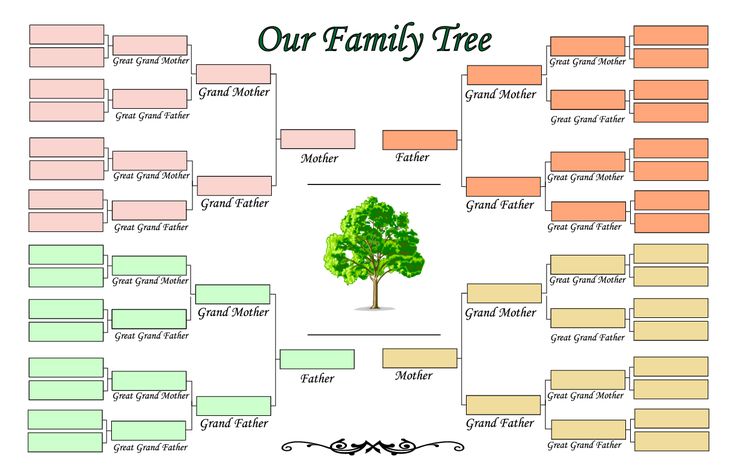 - It only means that such a model has ceased to be the only one of its kind. In other words, the formal aspect of creating a family has faded into the background, and now the need to give and receive warmth, give participation and love is much more urgent.
- It only means that such a model has ceased to be the only one of its kind. In other words, the formal aspect of creating a family has faded into the background, and now the need to give and receive warmth, give participation and love is much more urgent.
To enter into a relationship means to be close, to be available, to build your relationships in conditions of mutual respect, understanding and the ability to accept and understand. And this is true of any form the family may take, traditional or not.”
Tribute to traditions
“I was born into a fairly conservative family,” says 60-year-old Ekaterina. - We had six children in our family, born one after another. We were, as they say, a strong family, respected and loved each other. When I moved to another city and got married, I wanted to start a family like my parents. For me, this involved many children, as this was the only family model I knew.
But my plans were not destined to come true - my husband cannot have children.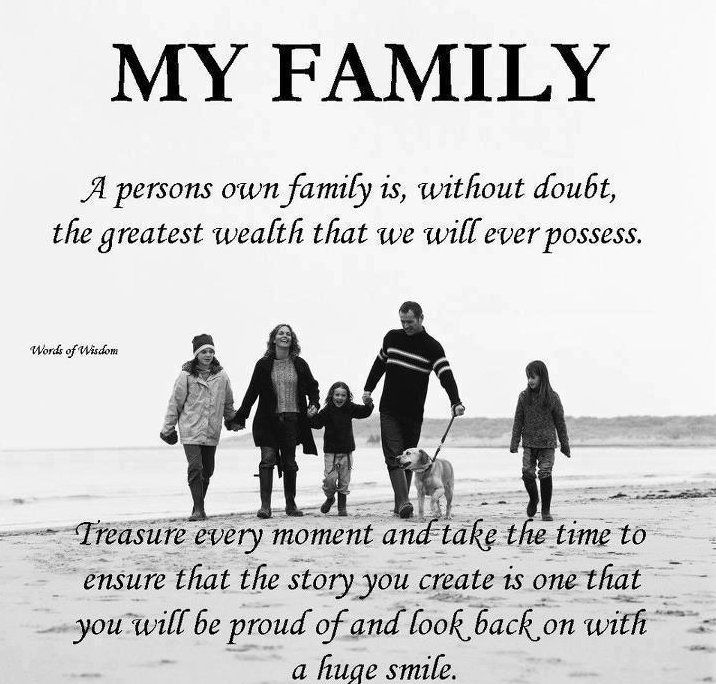 Nevertheless, with him I found the warmth and feeling of the family that I experienced with my parents. Many years have passed and I am quite satisfied. We have everything that is needed for a family to take place: mutual trust and self-awareness as a family. In this case, children are not required.
Nevertheless, with him I found the warmth and feeling of the family that I experienced with my parents. Many years have passed and I am quite satisfied. We have everything that is needed for a family to take place: mutual trust and self-awareness as a family. In this case, children are not required.
Intimacy, complicity, love, understanding, acceptance - these are the words in our time that best describe what the meaning of the family is: “get along well”, be in harmony with certain people, have a connection with them. Next to classic couples, with or without children, families are also those in which relationships or hierarchies have changed after divorce.
“From an existential point of view, our situation in life has improved,” confirms psychotherapist Guglielmo Gulotta. - This is best seen in the so-called "reconstructed" families, in which one of the partners (and sometimes both), having left a previous marriage, where there are already children, makes new ones with a new partner.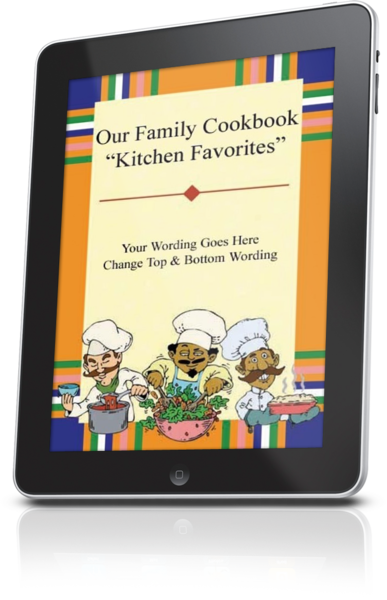 Thus, for the ex-husband or wife, a certain “planning” of life and the future begins again.
Thus, for the ex-husband or wife, a certain “planning” of life and the future begins again.
What was essentially a negative fact, that is, the end of a previous marriage, is transformed into a new chance. The same is true for children who may have two mothers or fathers (biological and stepfather or stepmother). And even an extra pair of brothers and sisters.”
Do you need children?
For many, however, the family does not lose its traditional meaning. “For me, family is my wife and our children. It wouldn't be the same if our little ones didn't exist. Then we would just be a couple,” says 35-year-old Mark, the father of two daughters, one of whom is not yet a year old. “For me, a family is something that can be built for the future, to give life to new generations.”
“Children are the main thing,” agrees Fedor, 34, father of a two-month-old girl.
“A person who believes that a family without children is not a family often loads his own marriage with the expectations and hopes associated with what kind of family he had in childhood,” notes Antonio Armenia. “He sees it as a space where you can relive childhood positive feelings from cultural development, love and affection, or, conversely, make up for all these feelings that were so lacking in the family in which he grew up.”
“He sees it as a space where you can relive childhood positive feelings from cultural development, love and affection, or, conversely, make up for all these feelings that were so lacking in the family in which he grew up.”
“For example, I don't think that children are the defining vector and indicator of a family,” says 35-year-old Maxim, the father of a 3-year-old son. — The feeling of being part of a family for me does not depend on any additional conditions, on the types of people who make up this family. This feeling depends on how I feel when I think about these people, on who they are for me.
Before getting married, I lived alone for several years. I had a puppy, a golden retriever. At that time, "going home" for me meant going back to him. He was my family. I took care of him, rejoiced with him, if there was a reason, or sad, if there was a reason. Now my dog is seven years old, and he is like an uncle to my son: he is also part of a family that has expanded over time.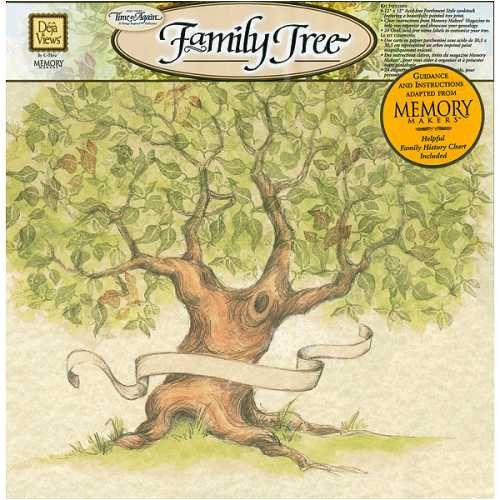 ”
”
36-year-old Vladimir shares this point of view. “It doesn’t matter if you have kids or not, it’s about attitude. This is what I missed so much as a child, because in our family it was very difficult to communicate and feel understood. The ability to communicate is a value that, at first unconsciously, then more and more clearly, over the years began to manifest itself more and more. The foundation of the family is created by the couple, their relationship and the house in which they gradually build their lives day by day.
How to start a family and not repent of what you have done?
Question: "How to start a family?" less relevant than the question: “How to start a family and not repent of what you have done?” About what will help to avoid the most common mistakes when entering into marriage, spoke Archpriest Dimitry Roshchin , rector of the church ssmch. Antipas at the Kolymazhny Yard.
‒ What should be taken into account when planning to start a family so as not to make a mistake?
‒ The most important thing is to understand why a family is created. Since no one teaches this, this consciousness must be nurtured by the Church. People who want to start a family must clearly understand their goals and objectives. A family is not created in order to have someone to meet old age with or to solve some domestic or personal problems. The family should have a certain priority. A marriage union is built not only on the desire of one person or on the personal desires of two people - each of them must take into account the other, take into account his interests, so there must be some factor above them that is higher than just their own desire. A man and a woman must understand that by entering into this relationship, they will sacrifice themselves, because the family is a sacrifice.
‒ How can one cultivate this ability to sacrifice?
‒ In order for a family to be complete and correct, a person must be brought up in a certain way. After all, earlier people were brought up, both girls and men were prepared for marriage.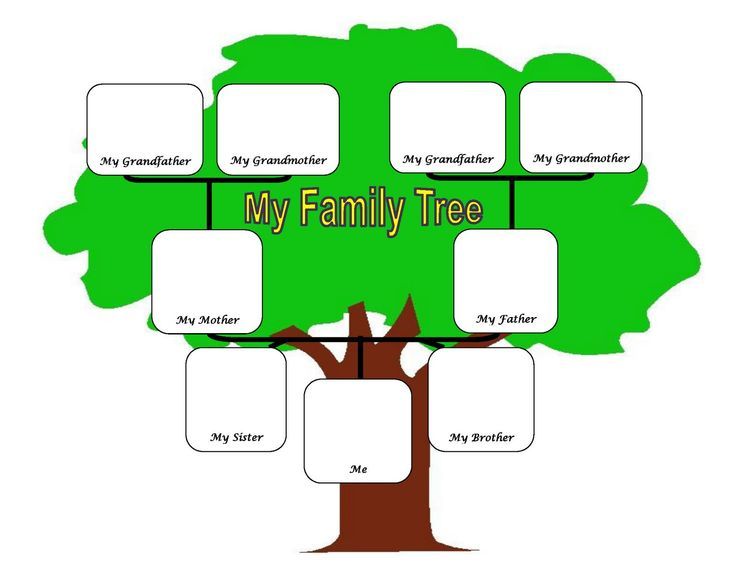 And the most important preparation was those families in which they themselves lived. Such patriarchal families, where everything is properly arranged, are now rare, therefore in our days only the Church can deal with the upbringing of future husbands and wives. If only because the Church sets an example. It's all about examples. These are, firstly, examples of the saints, and secondly, examples of families that live righteously and build their marriage according to the commandments of God, with blessing. That is, their goal in this marriage is to learn to love another person, raise children in God, in faith, give them the opportunity for holiness, and so on. A person who comes to the Church sees these examples in front of him - he will not be able to see them anywhere else in the world. This is where theory and practice go together.
And the most important preparation was those families in which they themselves lived. Such patriarchal families, where everything is properly arranged, are now rare, therefore in our days only the Church can deal with the upbringing of future husbands and wives. If only because the Church sets an example. It's all about examples. These are, firstly, examples of the saints, and secondly, examples of families that live righteously and build their marriage according to the commandments of God, with blessing. That is, their goal in this marriage is to learn to love another person, raise children in God, in faith, give them the opportunity for holiness, and so on. A person who comes to the Church sees these examples in front of him - he will not be able to see them anywhere else in the world. This is where theory and practice go together.
In general, the Church teaches people about sacrifice, including family sacrifice. Then, the Church is a hierarchy. As the Apostle says, with us, without any dispute about opinions, the lesser is blessed by the greater.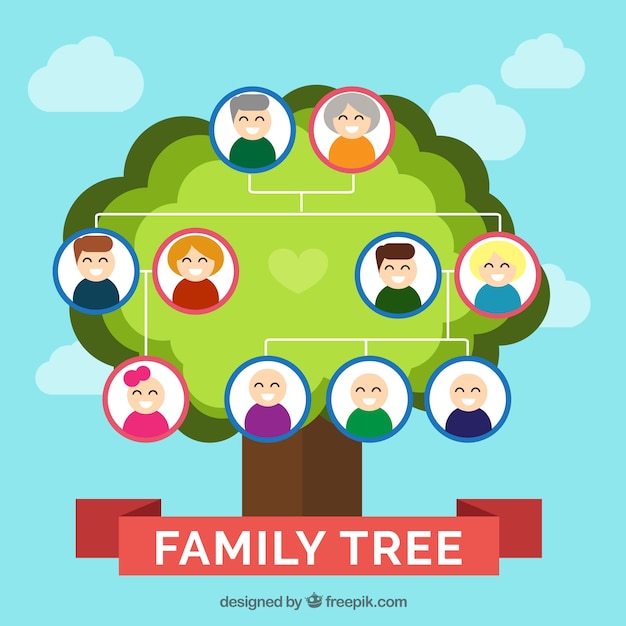 The hierarchy is built in a certain way, and a person who falls into the structure of the Church perceives this hierarchy as something due. He realizes that he is not free in the worldly sense of the word. The Church teaches a person to honor parents and puts this commandment at the forefront. That is, a person will instill this in his children if they are married to him: he will insist on this and say that this is right. The Church is a living example, passed down from generation to generation. This is nowhere else. Some people are lucky, they had godly parents - in the sense that they saved their marriage, lived their whole lives together, raised their children in love, but this is an enormous rarity.
The hierarchy is built in a certain way, and a person who falls into the structure of the Church perceives this hierarchy as something due. He realizes that he is not free in the worldly sense of the word. The Church teaches a person to honor parents and puts this commandment at the forefront. That is, a person will instill this in his children if they are married to him: he will insist on this and say that this is right. The Church is a living example, passed down from generation to generation. This is nowhere else. Some people are lucky, they had godly parents - in the sense that they saved their marriage, lived their whole lives together, raised their children in love, but this is an enormous rarity.
‒ Probably, only people with a strong character are capable of a sacrifice? But what about the rest?
‒ It's not about the mines. Although marriage is a martyrdom, it is a bloodless martyrdom. Relations between people that are hell on earth, the Church is still trying to make a paradise, to bring a person into life according to the commandments, she will reconcile him with people, give him the opportunity to love, to see reciprocal love. Marriage is built in the same way: where there is sacrifice, there is love. In marriage, two people face not only their own sacrifice, but also a counter victim. Monks also have a kind of marriage with God, and a Christian with God also has a kind of marriage. A person loves God more when he understands what kind of sacrifice the Lord makes for him, and the human heart responds to this sacrifice, if it is at least a little taught. This is the process of a lifetime. In the same way, this love is revealed in marriage, people begin to love each other more and more, because they penetrate more and more into the essence of this sacrifice that each of them makes, sacrificing something - all those things that they have. a free man with no ties to anyone.
Marriage is built in the same way: where there is sacrifice, there is love. In marriage, two people face not only their own sacrifice, but also a counter victim. Monks also have a kind of marriage with God, and a Christian with God also has a kind of marriage. A person loves God more when he understands what kind of sacrifice the Lord makes for him, and the human heart responds to this sacrifice, if it is at least a little taught. This is the process of a lifetime. In the same way, this love is revealed in marriage, people begin to love each other more and more, because they penetrate more and more into the essence of this sacrifice that each of them makes, sacrificing something - all those things that they have. a free man with no ties to anyone.
‒ How to choose the right future spouse?
‒ Any choice, especially a serious one, is made only by time. The more serious the elders were, the more they saw, the more time they gave people to communicate with each other. Father John (Krestyankin) gave three years harshly. We give at least a year. There are exceptions, but in general it is. Sometimes, if we see a human fortress, the ability to endure a long wait, then we bless even three years. In a year of communication with a person, you learn a lot. Feelings must be tested. You can't build anything on emotions alone.
Father John (Krestyankin) gave three years harshly. We give at least a year. There are exceptions, but in general it is. Sometimes, if we see a human fortress, the ability to endure a long wait, then we bless even three years. In a year of communication with a person, you learn a lot. Feelings must be tested. You can't build anything on emotions alone.
‒ And if, for example, a spiritual father blesses you to create a marriage with a person for whom you do not feel love?
‒ A spiritual father will never do this if he is in his right mind. Priests always start from the person. A spiritual father can do this only if a person comes and says: I myself cannot make a choice, I rely on your will and ask you to tell me who could make my happiness. Then the spiritual father has the right - if he knows how to act. And he may not know. Then the priest can give some advice, but this is by no means a firm blessing, although if you really ask, then you should follow the advice received.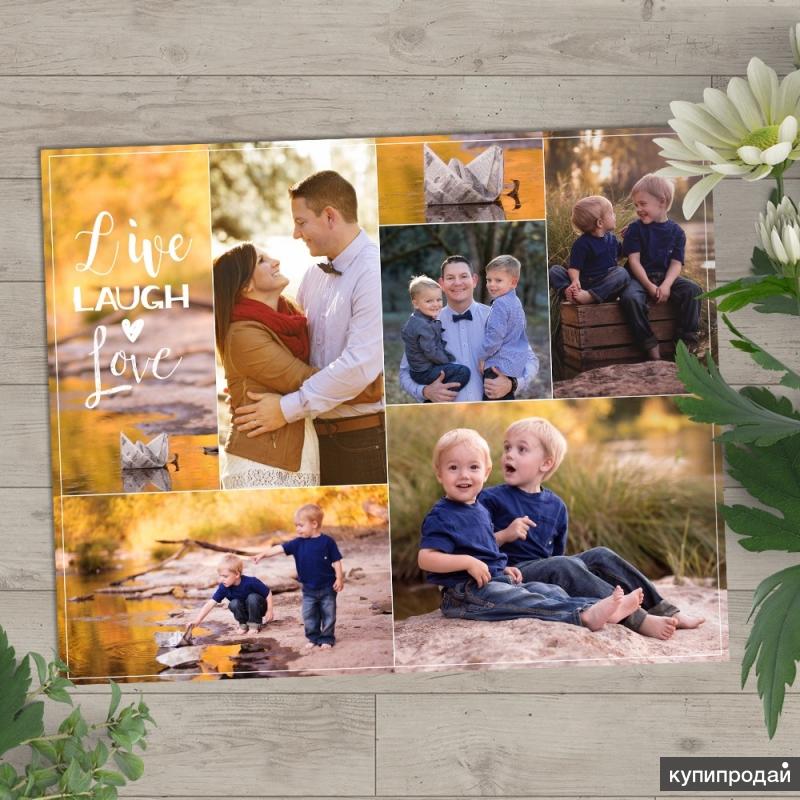 There were cases when people did not follow this blessing, so they did not succeed further. Then it often begins to seem that this blessing is wrong, inaccurate, but this is just a temptation. If a person cannot make a decision on his own, then, of course, he needs help. This means that he is to some extent infantile, or confused about something, or he has other problems with this choice. And here it is no longer about finding the one and only for life, but, having the desire to create a marriage, enter into it with that person who will be faithful to you, will not let you down, will be firm. That is, with a person who is properly educated.
There were cases when people did not follow this blessing, so they did not succeed further. Then it often begins to seem that this blessing is wrong, inaccurate, but this is just a temptation. If a person cannot make a decision on his own, then, of course, he needs help. This means that he is to some extent infantile, or confused about something, or he has other problems with this choice. And here it is no longer about finding the one and only for life, but, having the desire to create a marriage, enter into it with that person who will be faithful to you, will not let you down, will be firm. That is, with a person who is properly educated.
When they ask me where to look for brides, I say: look in the Church, because women are brought up in the Church, they at least feel what the hierarchy is, they can obey. Churched women have confessors or spiritual fathers, they know what obedience is, they have an external factor that will extinguish their throwing. At the beginning of a marriage, and then too, the help of a spiritual father in keeping this ship afloat is invaluable.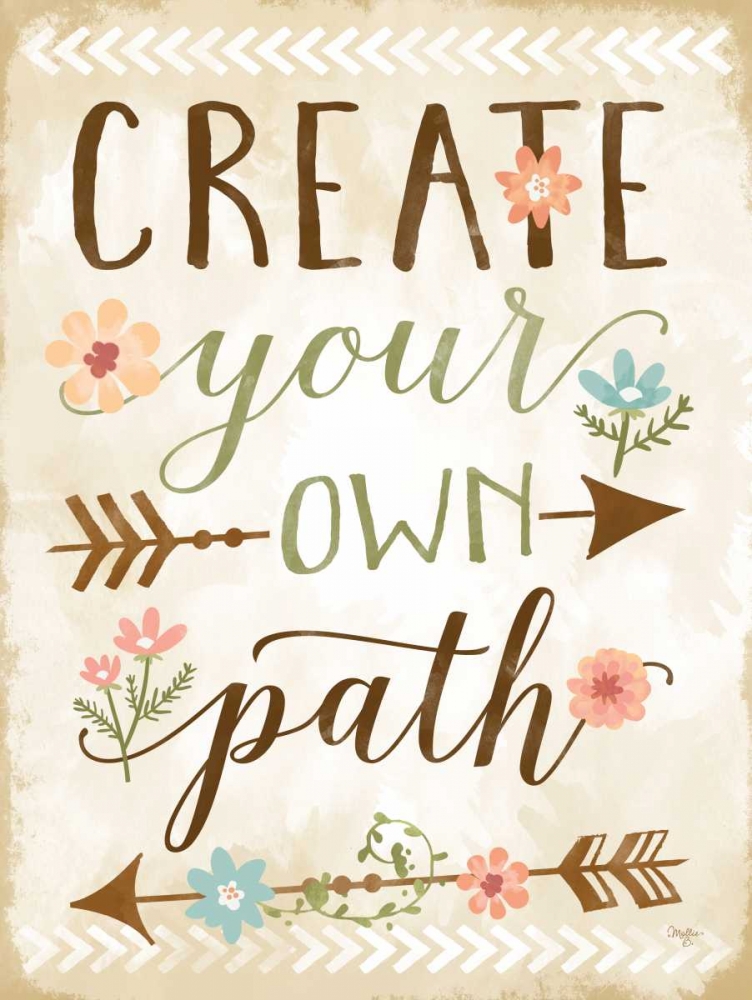 She plays a huge role. If this were not so, if people did not consult with their confessors, especially in the first years of marriage, many families would not have survived.
She plays a huge role. If this were not so, if people did not consult with their confessors, especially in the first years of marriage, many families would not have survived.
‒ When a family, even a churched one, breaks up, does this mean that the choice was made incorrectly?
‒ In my opinion, most marriages fall apart because women are more impulsive, they have more determination to fulfill their destiny, and men are now more infantile. A man must choose, there is some kind of internal law in this, which holds back the world from destruction. And when these laws are violated, women begin to choose - they can charm, they have the whole arsenal for this, and they take their own, but, as a rule, they take what is too tough for them, because they keep in mind a certain ideal, which are often undeserving. And a man after some time, having already entered into marriage, suddenly realizes that this is not his choice - and he is, in general, right. Now, unfortunately, this is an extremely common phenomenon.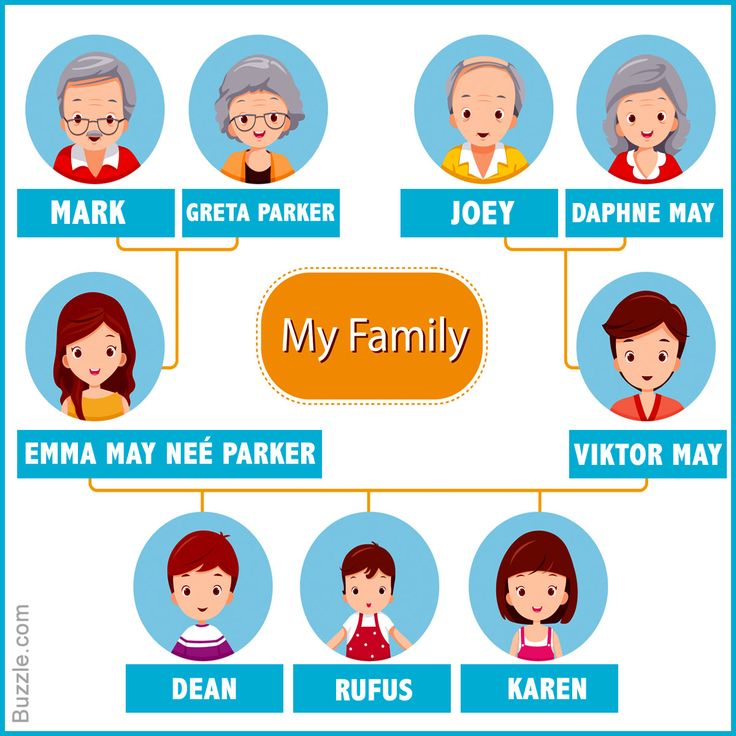 Most marriages fail for this very reason. Therefore, a woman should not choose.
Most marriages fail for this very reason. Therefore, a woman should not choose.
One should be calm about one's celibacy, accept everything as it is. A person does not have a task - to marry or not to marry. The purpose of human life is communion with God. In theory, not only in relation to marriage, but in relation to any development of one's life, a person should have obedience to the will of God and calmness in this regard. But, unfortunately, most people come to this, having already been ill, overwhelmed, oversuffering. It's just that we practically do not have people who would have been brought up in the faith since childhood. Otherwise, it would not be perceived so painfully: well, there is and there is, no and no. If a person is brought up from the very beginning in accepting his life in accordance with the will of God, he perceives everything calmly. If a person values his life before God, if he takes himself seriously, he will not rush headlong into marrying anyone who comes along.

